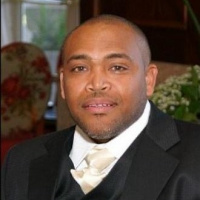Lilesville Juvenile Law Lawyer, North Carolina
Not enough matches for Lilesville Juvenile Law lawyer.
Below are all Lilesville Criminal lawyers.
Kirk Robert Lundell
✓ VERIFIEDDivorce & Family Law, Child Custody, Employment, Criminal, DUI-DWI
Following a successful 15-year career managing several well-known retail stores throughout the country, Mr. Lundell decided to refocus his passion for... (more)
Richard L. Brown
✓ VERIFIEDCriminal, Bankruptcy & Debt, Personal Injury, Accident & Injury
Mr. Brown has practiced law primarily in Union County, North Carolina for over 14 years. He also serves the surrounding counties of Anson and Mecklenb... (more)
Whitney Thomas Scarborough
Juvenile Law, Social Security, Government, Family Law
Status: In Good Standing Licensed: 13 Years
Todd G. Scott
Civil & Human Rights, Criminal, Family Law, Juvenile Law
Status: In Good Standing Licensed: 29 Years
Tiffany Nicholle Ross
Other, Immigration, Criminal, Car Accident
Status: In Good Standing Licensed: 11 Years



